
The Fall of the Berlin Wall in 1989
November 7, 1989 marks one of the most significant events in history as the Berlin Wall finally fell, marking the end of the Cold War. The wall had been built in 1961 by the Soviet Union to prevent East Germans from escaping to the West. The fall of the wall led to reunification of Germany and was a turning point for European politics and the world order.
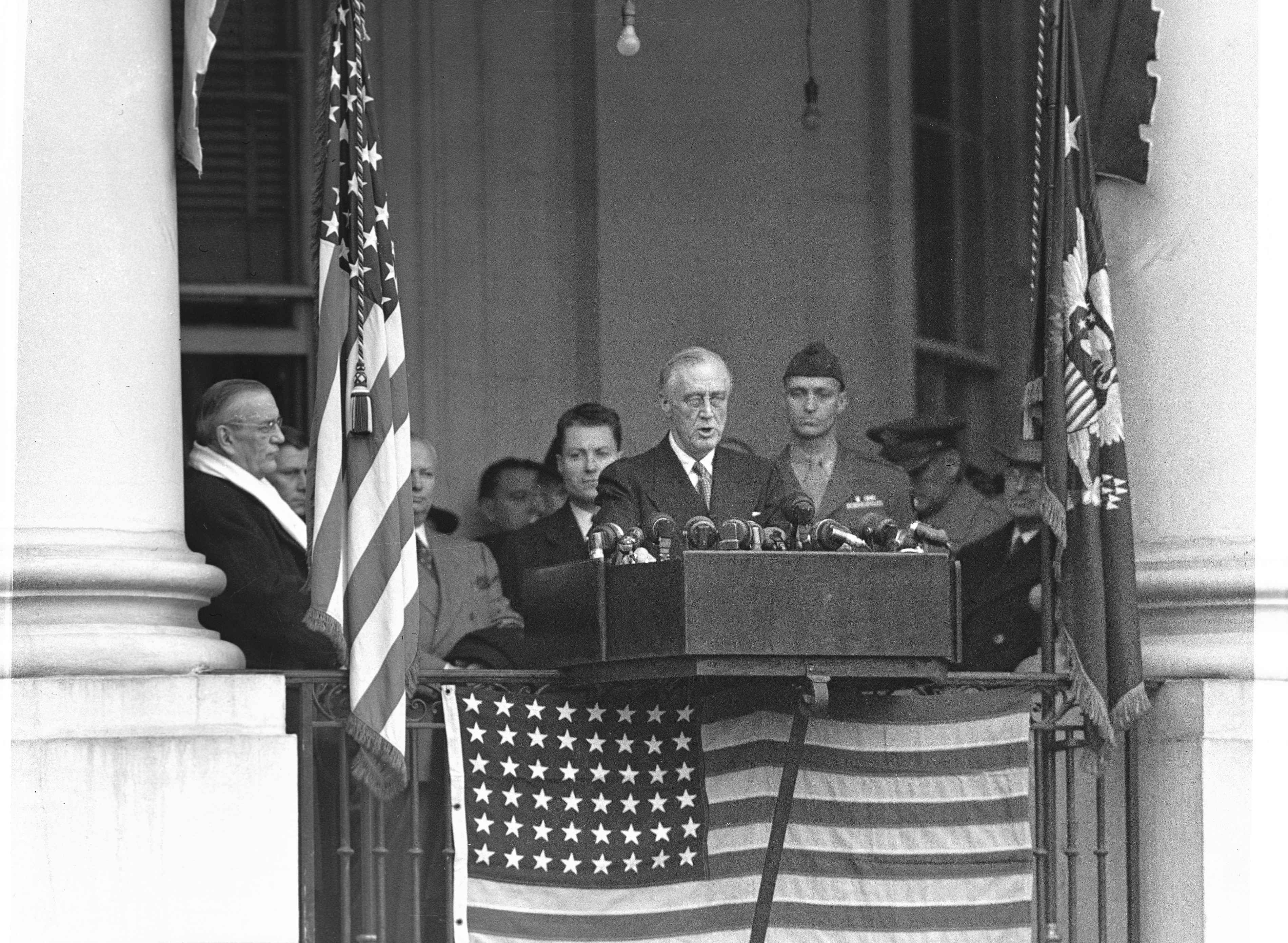
Marie Curie Becomes the First Woman to Be Awarded a Nobel Prize in 1903
On November 7, 1903, Marie Curie became the first woman to receive a Nobel Prize in Physics, along with her husband Pierre Curie and Antoine Henri Becquerel, for their groundbreaking work on radiation. She would go on to win another Nobel Prize in Chemistry in 1911 for her discovery of radium and polonium.

US Presidential Election of 2000
On November 7, 2000, the US Presidential Election was held between Republican candidate George W. Bush and Democratic candidate Al Gore. The election results were controversial and disputed, with the Supreme Court ultimately ruling in favor of Bush, giving him the presidency.

The Battle of Fort Mercer in 1777
The Battle of Fort Mercer was fought on November 7, 1777 during the Revolutionary War. The British army attempted to capture the fort, which was defended by American troops. The Americans were outnumbered and outgunned, but managed to hold off the British until reinforcements arrived the following day.
The Stock Market Crash in 1929
On November 7, 1929, the New York Stock Exchange experienced a significant drop in stock prices, marking the beginning of the Great Depression. The crash was caused by a combination of factors, including overproduction, speculation, and the use of credit to buy stocks.

The Bolshevik Revolution in 1917
On November 7, 1917, the Bolshevik Revolution took place in Russia. Led by Vladimir Lenin, the Bolsheviks seized power from the provisional government, establishing the world's first communist state. The revolution marked the beginning of a new era in Russian history and had a significant impact on the world order.
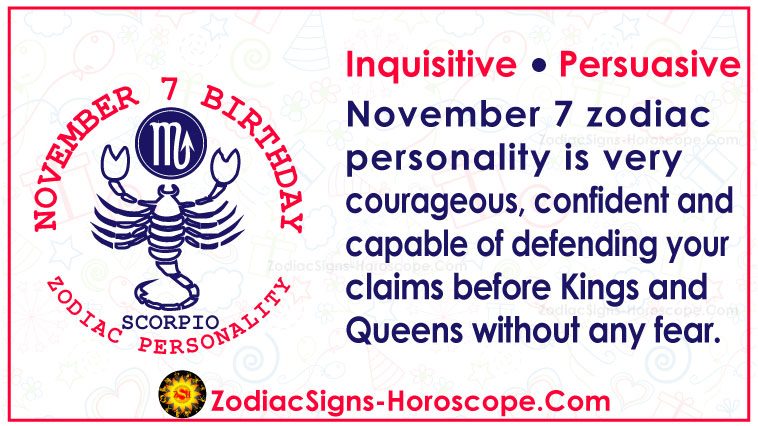
Walt Disney's First Animated Film in 1928
On November 7, 1928, Walt Disney's first animated film, "Steamboat Willie," premiered in New York City. The film featured Mickey Mouse and was the first to include synchronized sound, making it a groundbreaking achievement in animation.
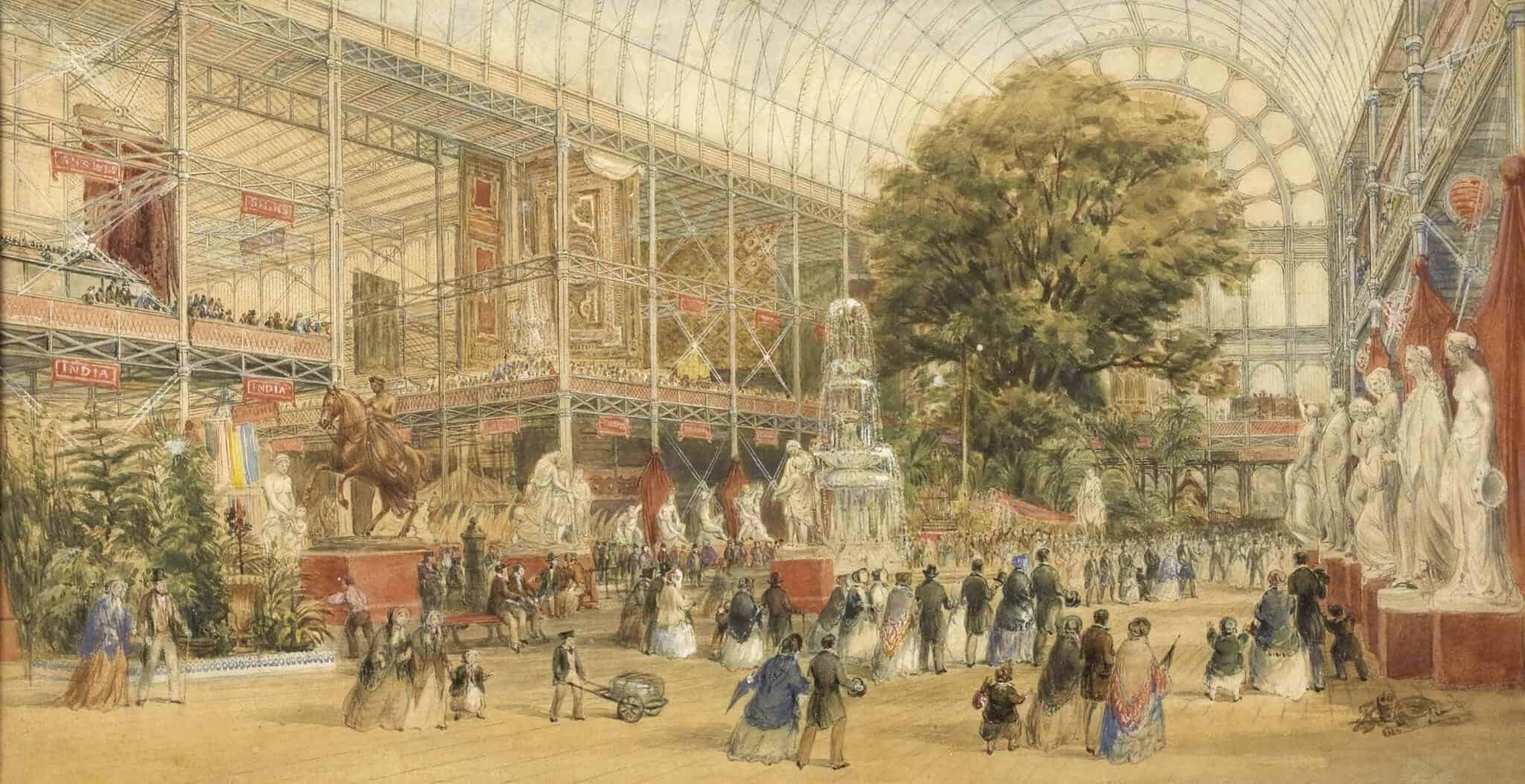
The Bolsheviks Take Power in Russia During World War I
November 7, 1917 was a significant day in World War I, as the Bolsheviks took power in Russia, causing the country to withdraw from the war. This had a significant impact on the outcome of the war, as it allowed Germany to shift its focus to the Western Front and launch a series of offensives that almost brought them victory.
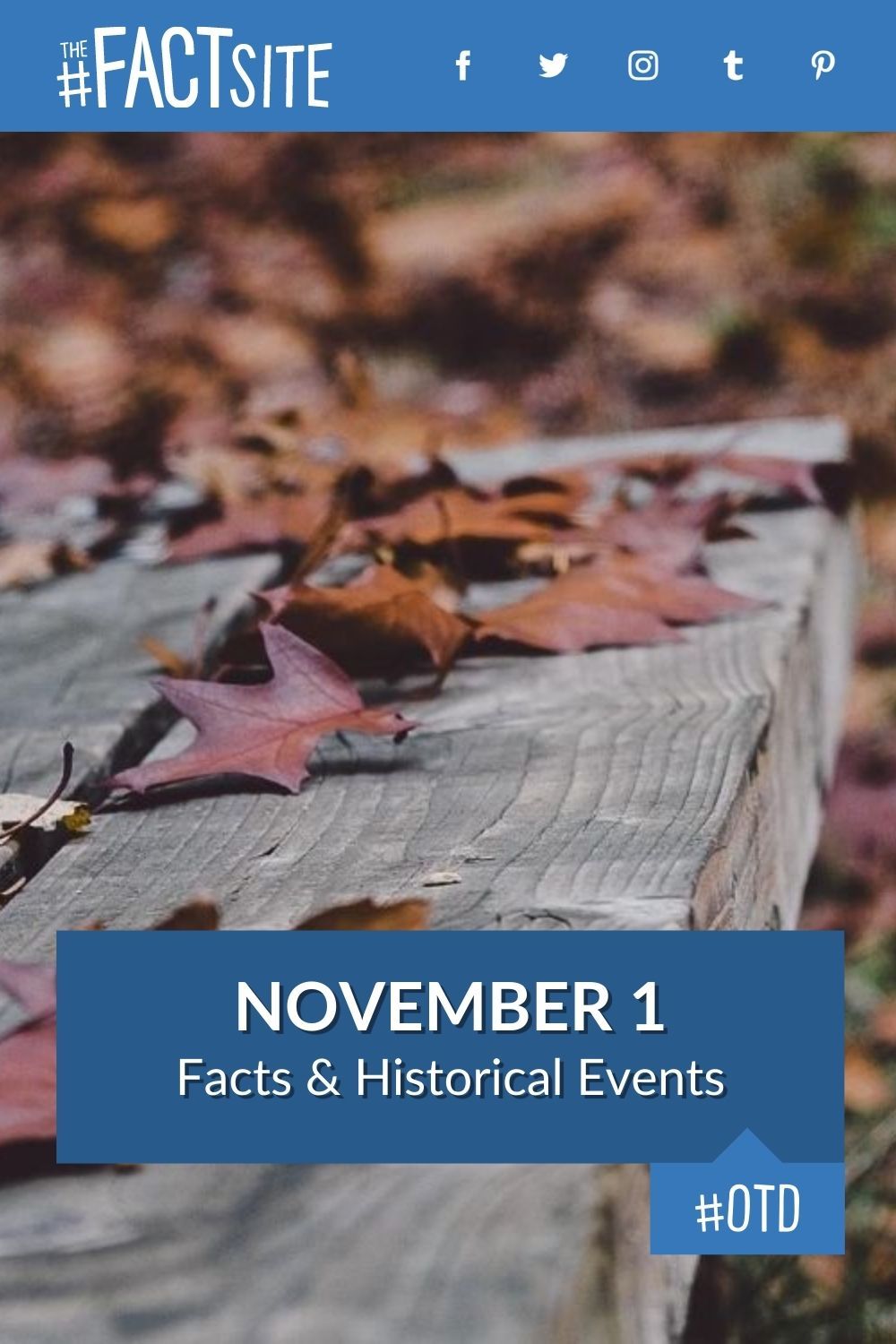
The Presidential Election of 1984
On November 7, 1984, Ronald Reagan won a landslide victory in the US Presidential Election, defeating Democratic candidate Walter Mondale. Reagan's victory was largely due to his popularity and the success of his economic policies, which were credited with spurring a period of economic growth in the United States.
The First Major Battle of the Vietnam War in 1965
On November 7, 1965, the US Army engaged in its first major battle of the Vietnam War, known as the Battle of Ia Drang. The battle was fought against the North Vietnamese Army and lasted for three days, resulting in heavy casualties on both sides. The battle marked the beginning of a long and bloody conflict that would last for years.

The End of Prohibition in 1933
On November 7, 1933, the 21st Amendment to the US Constitution was ratified, officially ending Prohibition. The amendment repealed the 18th Amendment, which had banned the sale and consumption of alcohol in the United States. The end of Prohibition was celebrated across the country, as people once again had the legal right to drink.

Bill Clinton Wins the US Presidential Election in 1992
On November 7, 1992, Bill Clinton won the US Presidential Election, defeating incumbent President George H.W. Bush. Clinton's victory was largely due to his campaign promises to reform the economy and provide universal healthcare. He went on to serve two terms as President.
Queen Elizabeth II's Visit to the United States in 2007
On November 7, 2007, Queen Elizabeth II made a historic visit to the United States, marking the first time a British monarch had visited the country in 16 years. During her visit, she addressed the United Nations General Assembly and visited Ground Zero in New York City.
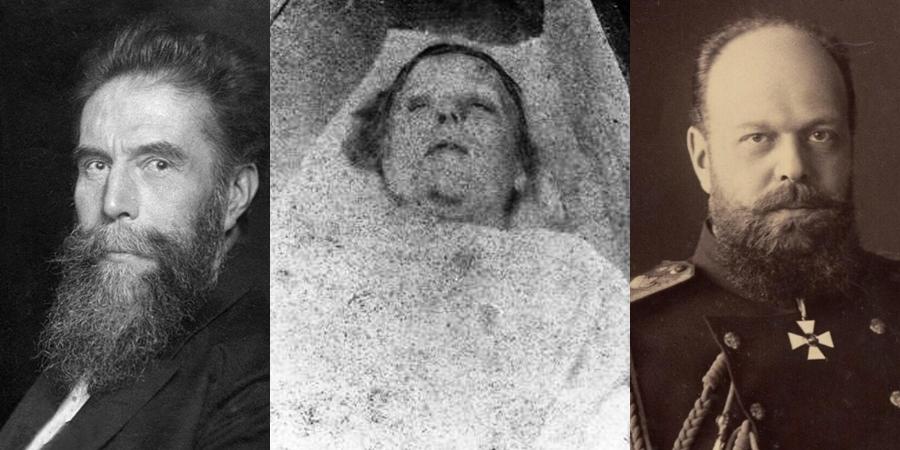
The Allied Invasion of Morocco and Algeria in 1942
On November 7, 1942, the Allied forces launched a major invasion of Morocco and Algeria, marking the beginning of the North African Campaign during World War II. The operation was a success and helped secure the Allies' position in North Africa, paving the way for further victories in the war.

The US Presidential Election of 1972
On November 7, 1972, Richard Nixon won a landslide victory in the US Presidential Election, defeating Democratic candidate George McGovern. Nixon's victory was largely due to his success in foreign policy and his campaign promises to end the Vietnam War and restore law and order to the country.
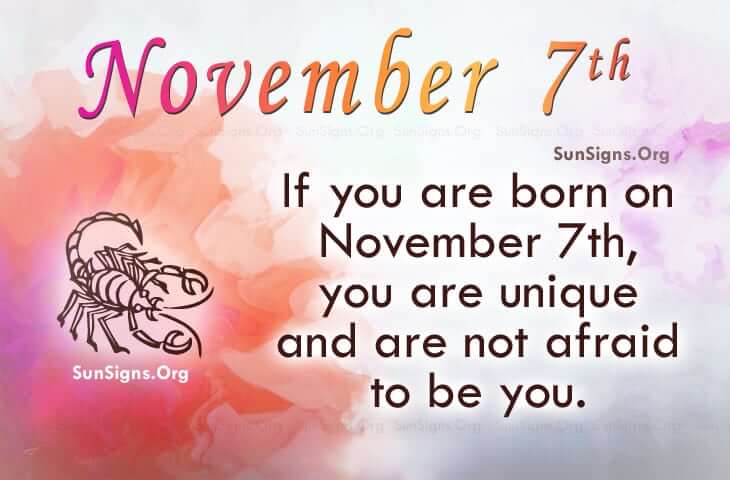
India Celebrates Its First Independence Day in 1947
On November 7, 1947, India celebrated its first Independence Day, marking the end of British colonial rule. The day is now celebrated annually as a national holiday and is a time for reflection on India's progress as a nation and its continued struggle for social justice and economic development.
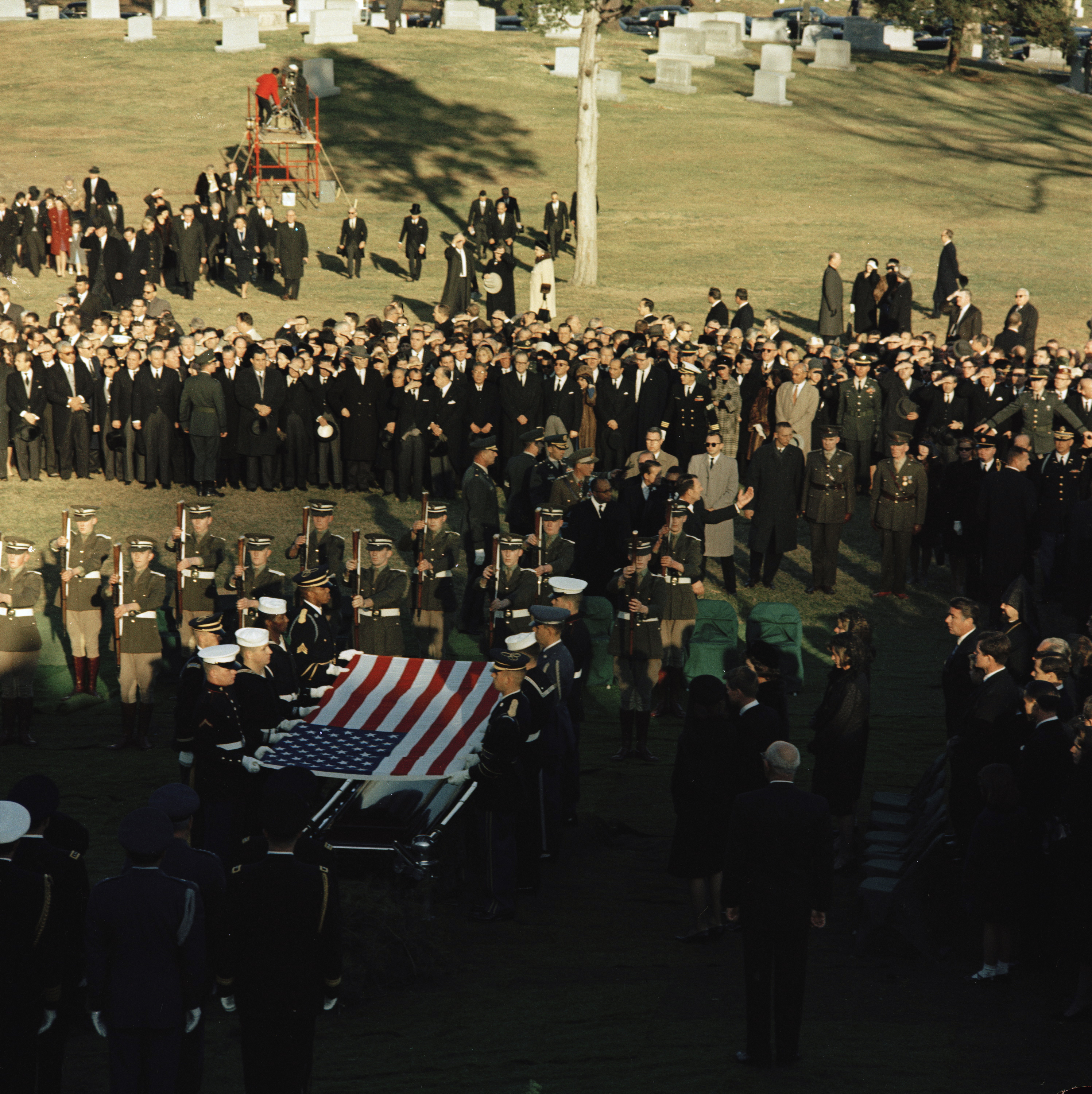
The Cuban Missile Crisis in 1962
On November 7, 1962, the Cuban Missile Crisis was still ongoing, with tensions between the United States and the Soviet Union running high. The crisis began when the Soviet Union deployed nuclear missiles to Cuba, prompting a US naval blockade of the island. The crisis was ultimately resolved peacefully, but it marked a significant moment in Cold War history.

The Civil Rights Act of 1967
On November 7, 1967, the Civil Rights Act was signed into law by President Lyndon B. Johnson. The act prohibited discrimination in employment and housing based on race, color, religion, sex, or national origin. It was a significant victory for the Civil Rights Movement and helped pave the way for greater equality in the United States.

The Bolsheviks Take Power in Russia During World War I
November 7, 1917 was a significant day in World War I, as the Bolsheviks took power in Russia, causing the country to withdraw from the war. This had a significant impact on the outcome of the war, as it allowed Germany to shift its focus to the Western Front and launch a series of offensives that almost brought them victory.
The Presidential Election of 1988
On November 7, 1988, George H.W. Bush won the US Presidential Election, defeating Democratic candidate Michael Dukakis. Bush's victory was largely due to his experience and his campaign promises to continue the policies of Ronald Reagan, who had been popular among Americans during his presidency.

The Battle of Tobruk in 1941
The Battle of Tobruk was fought on November 7, 1941 during World War II. The battle was fought between Allied forces and the Axis powers, with the Allies ultimately emerging victorious. The battle was significant as it helped to secure the Allies' position in North Africa, paving the way for further victories in the war.